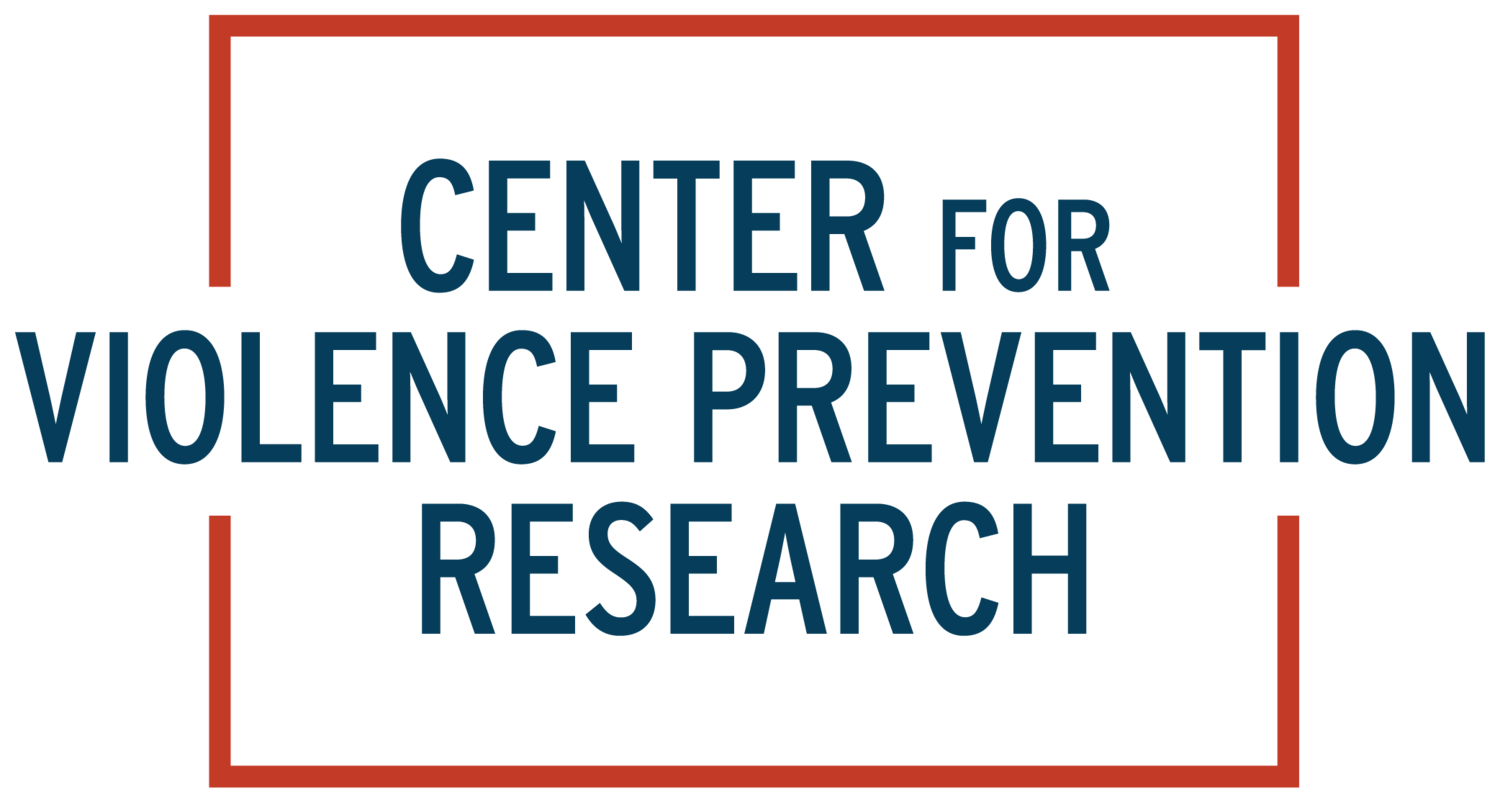Making Prevention Education Accessible for All
In the United States, approximately 6.5 million children have a developmental disability diagnosis. Intellectual and developmental disabilities (IDD) can be congenital (present at birth) or acquired and include but are not limited to Down syndrome, autism spectrum disorder (ASD), Fragile X syndrome, fetal alcohol syndrome, and traumatic brain injuries (TBIs).
Children with intellectual and developmental disabilities (IDD) are more likely to be abused and neglected for several reasons. Their disability characteristics, family situations, and shortcomings in organizations that support young people all contribute to this elevated risk.
Children with intellectual and developmental disabilities are 3.4 times more likely to experience abuse and neglect than are children without IDD.
Children with IDD
Communication problems
Sensory impairments
Mobility problems
Difficulty navigating social situations
Behavioral challenges such as non-compliance and aggressiveness
Dependence on others for care
Parents
Inappropriate expectations for child’s behavior
Emotional, physical, and financial stress
Lack of full comprehension of child’s abilities
Mental illness
Substance abuse
Youth-serving Professionals
Limited or no training in preventing abuse for children with disabilities
Teaching behavioral compliance with authority
Despite these well-documented risks, research on high-quality prevention strategies for children with IDD is severely lacking. Based on our review of the literature, we identified the following strategies as best practice for prevention.
Putting science to action
Parents
Parents of children with IDD are often their best advocates. Parents are encouraged to take an active role in addressing the unique risk factors for abuse with their child and the adults in their child’s life.
Address medical and assistive care as a topic unique to the IDD population that could increase risk for abuse.
Ensure children with IDD have equal voice.
Promote being assertive and communicating one’s wishes.
Normalize discussions about sexual behaviors.
Schools
Prevention education can benefit children with IDD by empowering them and providing opportunities to practice being assertive. To maximize these benefits, a neurodiverse approach should be employed while encouraging participation from parents and normalizing sexual behaviors among people with IDD.
Consider best practices for prevention education and special education.
Provide accommodations for variations in communication strategies.
Incorporate imagery and messaging that indicates inclusiveness for all students.
Use assistive devices to cater to the diverse modes of communication used by students with IDD.
Provide additional training on special education to prevention education instructors OR train special education teachers to implement prevention programs.
Youth Serving Organizations
Educate staff about the unique experiences of children with IDD that may increase their risk for abuse.
Ensure children with IDD are included in prevention strategies and that strategies are tailored to their unique needs.
Provide accommodations for variations in communication strategies.
Ensure children with IDD have equal voice.
Promote being assertive and communicating one’s wishes.
Support original violence prevention research
The scientific community must stop overlooking children with IDD in their creation and evaluation of violence prevention strategies.
The Center for Violence Prevention Research is ready to support this shift with rigorous studies designed to help identify and scale up effective violence prevention strategies. We also make our findings accessible so they can be put into action right away. To conduct this research, we need your help. Your donation to the Center has the power to support research on violence prevention that will impact the lives of millions of children around the world.
Read our latest papers on the topic:
Bright MA, Ortega DP, Bődi CB, Walsh K. School-Based Victimization Prevention Education Programs for Children and Youth With Intellectual and Developmental Disabilities: A Scoping Review. Child Maltreatment.
Bődi CB, Ortega DP, Hawkins LB, James TG, & Bright MA. 2023. Parents' and professionals' perspectives on school-based maltreatment prevention education for children with intellectual and developmental disabilities. Child Abuse & Neglect, 145, 106428.
Ortega, DP, Walsh K, Bődi CB, Hawkins LB, & Bright, MA. 2023. School-based prevention education for children and youth with intellectual developmental disabilities. Child Abuse & Neglect, 145, 106397.
Can’t access the papers? Contact us and we’re happy to share.
